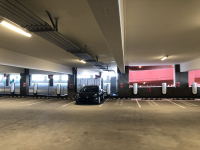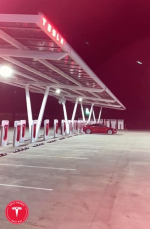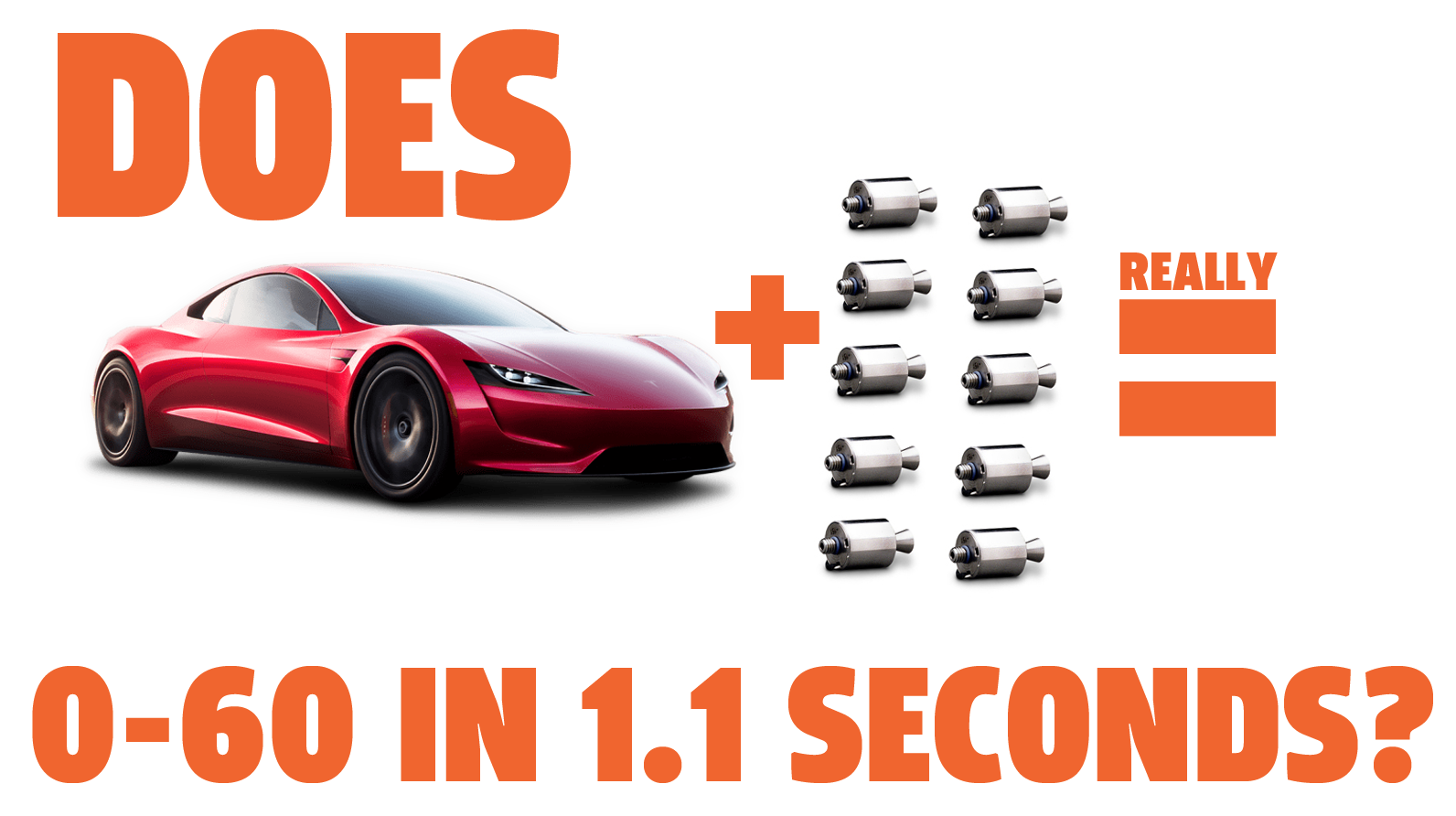So, to start...I don't buy all the perceived issues with this. Why?
Because Tesla seems to have figured it out.
If they can do stuff like this:
View attachment 49316
(That's 20 superchargers at 150kw EACH, so that's enough for 500 (!) 6kw chargers all running at the same time. With some simple load shedding, 750 of them.
And this.....
View attachment 49317
(That's the current largest station in the USA with 56 stations which I think are V3's, so there's enough power for
1400 L2 "home" (IE, typical overnight) chargers.
And it's kinda in the middle of bloody nowhere, at that!
So....yeah. Coming full circle.
If Tesla can do this sort of stuff, I'm really sorry, but I don't buy the arguments that somehow, a condo tower that might have 600-1000 units but only a few hundred parking spots can't make charging work.
I just don't.
Every time this comes up I keep thinking that it needs a Tesla point of view instead of the naysayers.
I'm no Tesla fanboy by any stretch, as everyone here knows, but I will say that they don't look at things, look at the roadblocks, and give up. They just freakin DO IT.
So forget about it being necessarily part of the building itself then, make it a separate entity, with the wiring that just runs into the parking garages then. If it comes down to it, let Tesla do it, and let Tesla profit from it.
Boom, problem solved.
EV owners don't have a problem paying their fair share when it comes to electricity. Everyone who charges at home already does it. Metered and paid is just fine.
The average car driver still does under 50km a day, which is why the first gen Volt was designed to fit that requirement.
Do we need longer ranges on occasion? Yep. But not nearly as often as many perceive. 5 years ago the argument was that unless an EV could do 300-400km it was "stupid". Many of these same people are now looking at 500+km ranges and still saying the same thing.
In short, people are just looking for excuses still in many respects.
For my setup the actual EVSE portion is in the garage. Just the cord and plug are outside. Zero issues...you can't steal the charger without the door being up.
For charging in public, If I'm in a dodgy area, I just wrap the cord around the steering column and shut the door on it.
Credit card readers have been status quo on many EV chargers for years now. Seems they're working just fine.
























